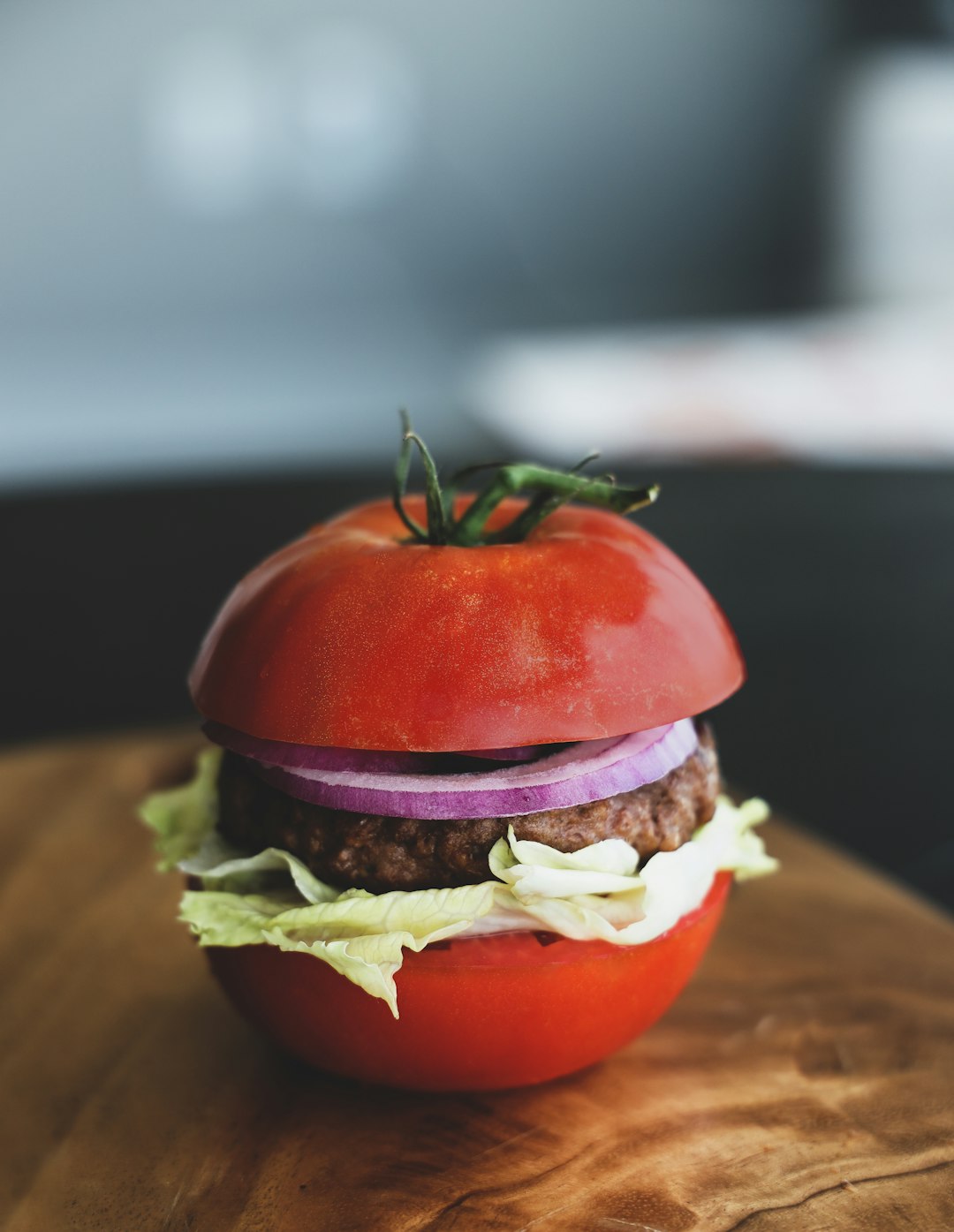Friday Q&A: BMI as bible; osteoporosis; posture & aging; & atrial fibrillation
You ask the best questions!
It’s Friday Q&A time!
In case you missed this week’s content:
ICYMI this week! 👉 Our Stories Live in Our Bodies
Don’t miss my recent Q&As on:
Disclaimer: The views expressed here are entirely my own. They do not reflect those of my employer, nor are they a substitute for advice from your personal physician.
The first question today (about whether our BMI is an accurate depiction of our health) is for all subscribers. The remaining questions are for paid subscribers.
Click here to submit your questions (about anything) for future Q&A posts!
Let’s dive in!
QUESTION #1
BMI—is it an accurate depiction of health? I recently had a doctor tell me I was "borderline obese" based on my BMI, despite being incredibly active and healthy, strength training 3+ times a week, doing cardio 5-7 times a week, and eating a diet mostly consisting of unprocessed fruits, veggies, etc., I have an amazingly low cholesterol and LDL levels, and lots of muscle... I was shocked and hurt with this assessment. Of course I understand she wants me to be healthy, but what gives?
- Riley from Denver, CO
Dear Riley,
I love this question and it’s important to revisit. Your story is all too common, and it highlights the harms of de-contextualizing biometric data when talking about health. For people with overweight and obesity, the number on the scale is less important than the patient’s nutrition, eating habits, cardiovascular health, muscle/fat mass ratio, family or personal history of metabolic problems (like insulin resistance, thyroid disturbance, or PCOS), appetite, relationship with food, and personal health goals.
If I were your doctor, I probably would not counsel you to lose weight if 1) you don’t have any medical or psychological reasons to do so and 2) your nutritional and exercise habits are sustainable and satisfying. Instead, I would reinforce the positive impacts of healthy eating and regular exercise on your overall health. I would counsel you on the potential risks of extra weight balanced with the downsides of altering her already-great lifestyle choices. I would continue to check in with you on your habits and goals.
The key is for doctors to focus on the genetic, hormonal, behavioral, nutritional, and psychological context around weight and BMI—and for patients to gain the tools, information and agency to effect change when needed, possible, and desired for them.
While the potential health effects of overweight and obesity are real and important, sometimes people with a higher-than-ideal BMI don’t need to change anything at all!
I wrote about BMI last fall—you can find that newsletter here for more of my thoughts on this topic.
If you find this helpful, hit the ❤️ button on this post so more people can discover my writing on Substack! 🙏
QUESTION #2
I keep hearing "take calcium & D" and do weight bearing exercise for bone health. I've been seriously running for 40 years and am very diet conscious and almost no alcohol. But my bone mineral density has just gotten worse with each scan. Doctors suggest I start Fosamax or similar drugs. Then I started doing "yoga for osteoporosis" 2 years ago and my BMD actually improved. Is yoga enough?
- Kathleen
Keep reading with a 7-day free trial
Subscribe to Are You Okay? to keep reading this post and get 7 days of free access to the full post archives.




